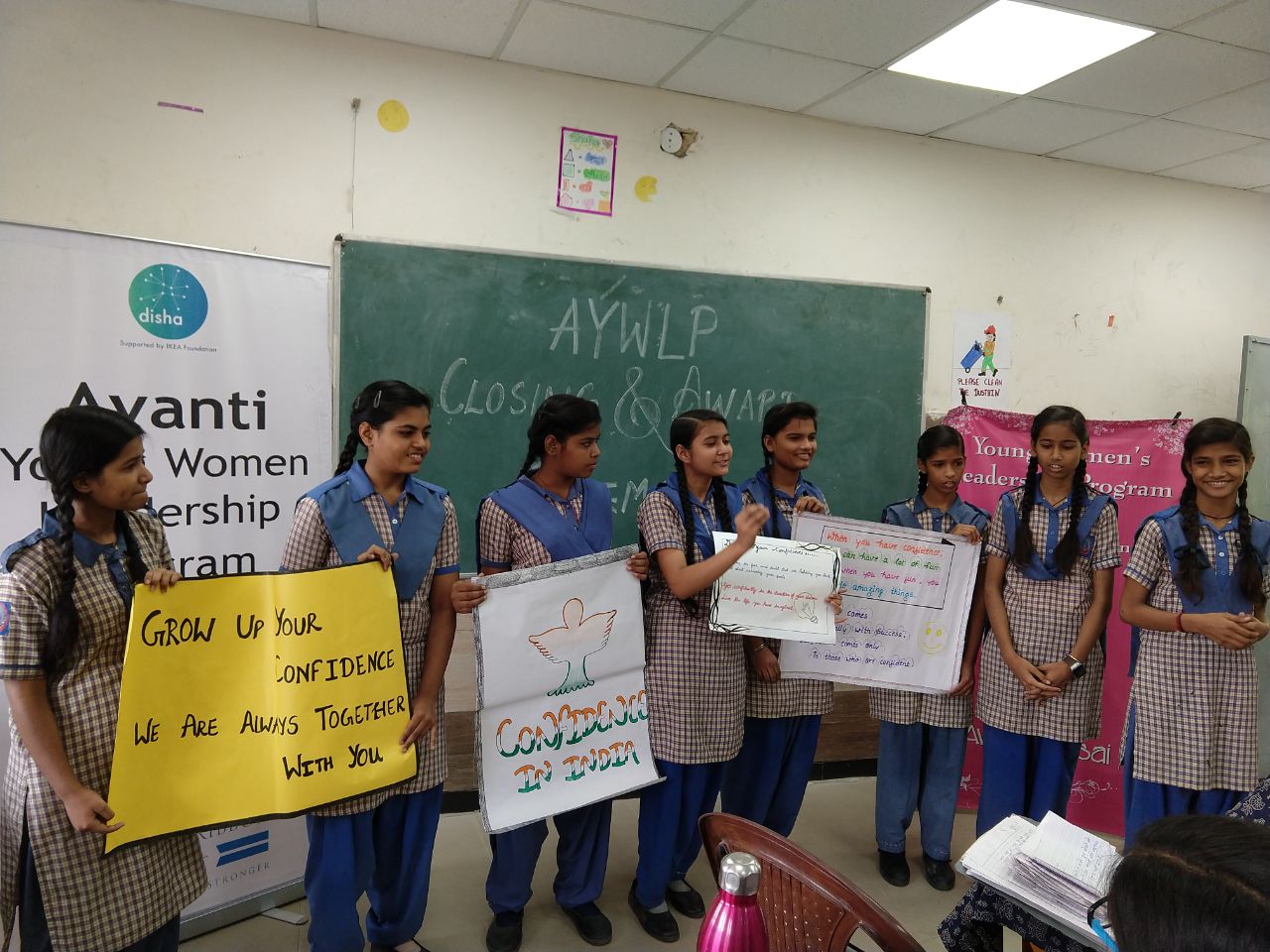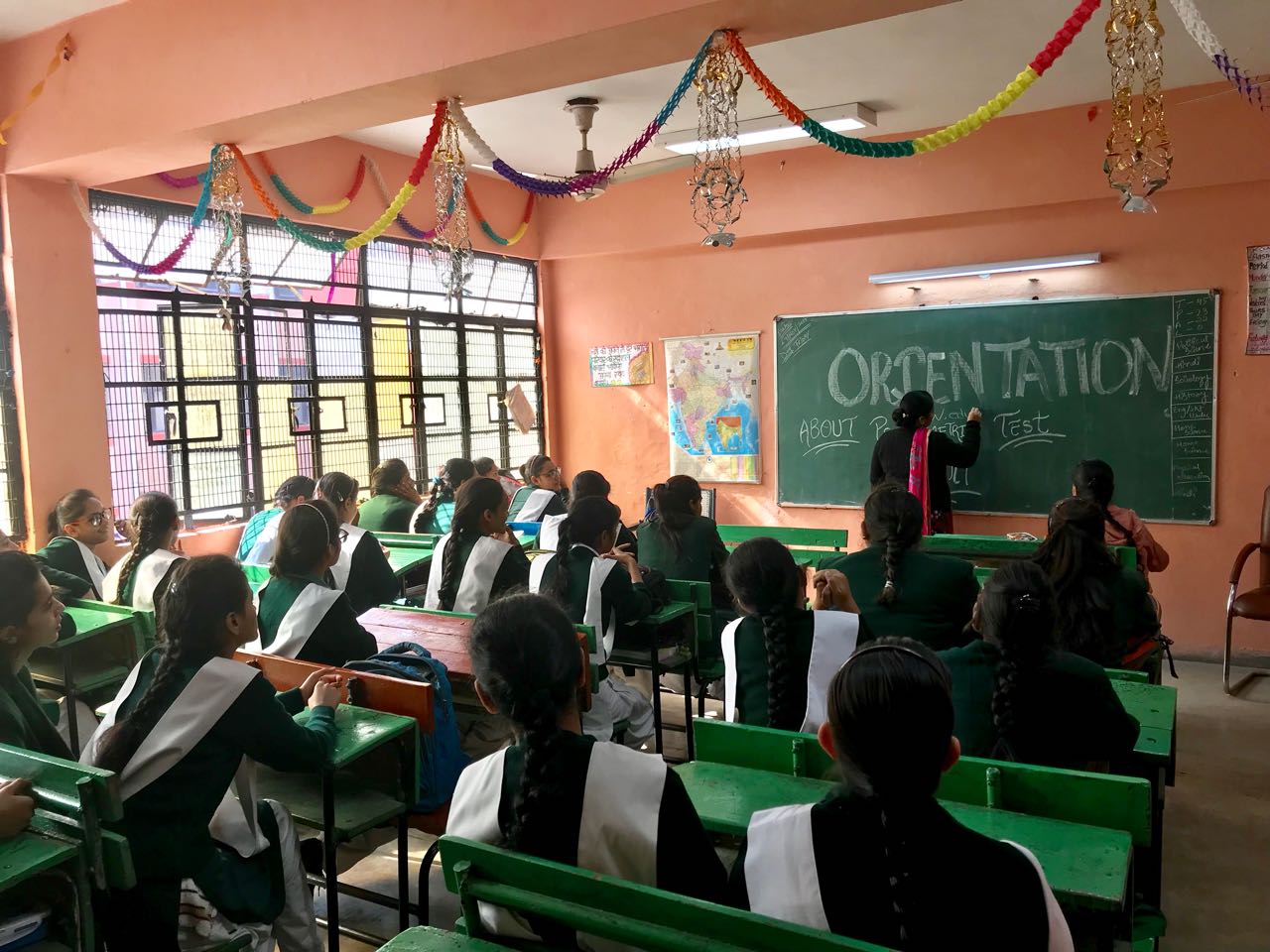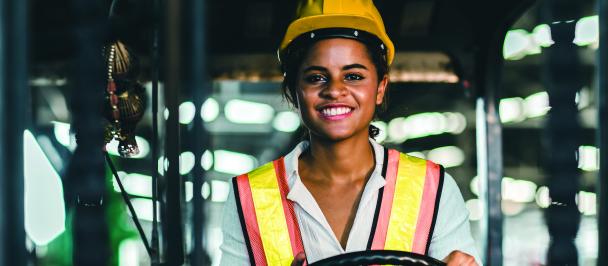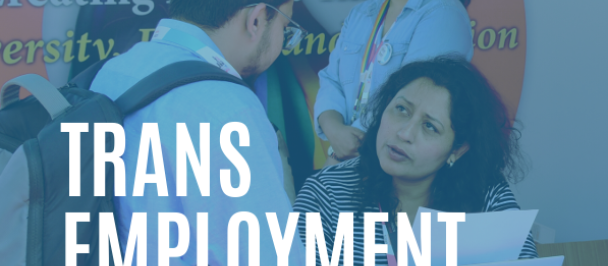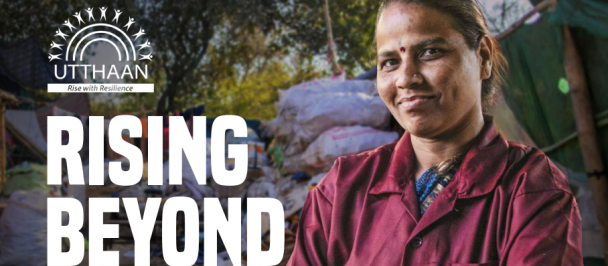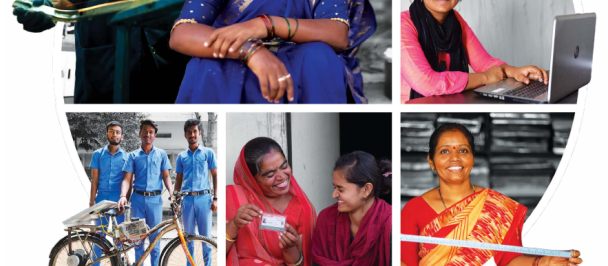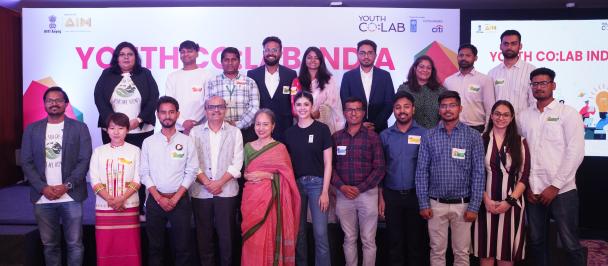Why career guidance and counselling are essential in a world recovering from COVID-19
“What do you want to be when you grow up?”
August 13, 2021
By Sneha Pathak and Divya Jain
A group of students present their career club project to the rest of the class at Sarvodaya Kanya Vidyalaya (school) in Sikandarpur. Photo: UNDP India
A question that every child or teen hears perpetually from adults in India is: “Bade hokar kya banoge?”, which translates to: What do you want to be when you grow up? Children are dreamers and often come up with suggestions that seem laughable to their elders. Sometimes, those dreams are lost because of lack of opportunities and support. The COVID-19 crisis has made things more difficult for young people as they are faced with pervasive uncertainty about their education and career as well as mental health challenges.
To make matters tougher, 2020 witnessed the highest rate of unemployment in the past 30 years in India. Though India has a burgeoning economy, a UNDP report found that many young people aren’t able to leverage opportunities due to lack of awareness, skills gaps, and access, which widens the divide between demand and supply. Young women and girls, who face multidimensional barriers when trying to access information and opportunities, are often directed towards careers which are traditionally gendered in nature, such as beautician, stitching, making snacks or incense sticks, etc.
The Origin Story
Acknowledging this widening gap, UNDP’s initiatives have focused on equipping young people to chart their own paths towards economic empowerment. In recent years, UNDP has experimented with several interventions geared towards economic empowerment of youth and women. Career guidance and counselling emerged as a critical component of a robust education-to-work transition. This was demonstrated through various initiatives under Project Disha in five states viz. Delhi, Haryana, Maharashtra, Karnataka, and Telangana. It aimed at improving women's economic empowerment, with one of the pillars centred around career guidance and counselling and improving women’s participation in the labour force.
Orientation workshop at a career guidance session. Photo: Sneha Pathak / UNDP India
In Delhi, over 65% students said that career guidance helped them in making informed career decisions. “The psychometric test assessment and the counselling provided to me by the school counsellor was an eye opener. I didn’t know there were so many career options I could explore, especially as a girl. I am motivated to do better and make my parents proud,” said a 16-year-old girl from Yamuna Nagar, in 2019, who had just completed her counselling session facilitated by UNDP.
At the national level, UNDP, with the Ministry of Skill Development and Entrepreneurship and Federation of Indian Chambers of Commerce & Industry (FICCI), led the National Taskforce on Career Guidance. This helped to hold consultations with various national and state level partners from civil society, government, and private sector. The objective was to institutionalize interventions around career guidance and counselling across Indian states.
Adjusting to the new normal to leave no one behind
Being cognizant of the disruptions in the education and employment ecosystems, a core component of UNDP’s COVID-19 response has been to focus on ‘education-to-work transition’. Adjusting to the new normal, the bulk of interventions are now implemented virtually or over the phone. While there is rampant digital divide, conducting sessions over Zoom or YouTube has allowed easy availability of information and resources. In 2020, as a COVID-19 response, UNDP launched Sach Honge Sapne (‘Dreams Will Come True’) with the aim of providing young people with guidance and resources for soft skills and job readiness, bringing onto this platform industry experts and mentors. Conducted online, these sessions have received more than 1.2 lakhs views in just five months.
“Sach Honge Sapne helped me decide that I wanted to become a teacher after I watched a video on ‘careers in education sector’. Thanks to my counsellor Rekha who told me about the Nursery Teacher Training Course as I love working with young children,” says Radha, 20, from Karnataka.
Students taking a psychometric test at a school in Delhi. Photo: Sneha Pathak / UNDP India
Ensuring that no young person is left behind, Project Code Unnati, supported by SAP Labs India, has developed a career guidance and counselling toolkit that includes sessions plan for both students and career coaches. The content is specialized and curated according to educational institutes and their students’ needs and aspirations. UNDP has also initiated projects in Karnataka, Madhya Pradesh, and Gujarat where career guidance, awareness and strengthening employability skills is a key priority.
Additionally, UNDP India, in collaboration with Action Aid, UNICEF India and the Government of Uttar Pradesh, published a training manual in Hindi under project Sambhav. It is a unique model where local community leaders are trained to support young (16-32 years) people with counselling services.
Collaboration for Action
Career guidance and counselling provided at a critical juncture of a young person’s life can alter their future for the better. They help identify and build on one’s interests and strengths, while setting realistic goals. Indirect reports suggest that career guidance can lower attrition rates in schools, while gender-positive career guidance can help young women to explore careers that are seemingly reserved for men. For sustainable change, a robust cross-sectoral and multi-stakeholder alliance is imperative, which UNDP will continue to foster with support from its private sector partners, governments, and civil society organizations.
Special thanks to Amit Kumar, Head, Inclusive Growth, United Nations Development Programme for his guidance and support.
Sneha Pathak is Programmes and Partnerships (Youth) Officer, UNDP India
Divya Jain is State Project Officer, UNDP India

 Locations
Locations